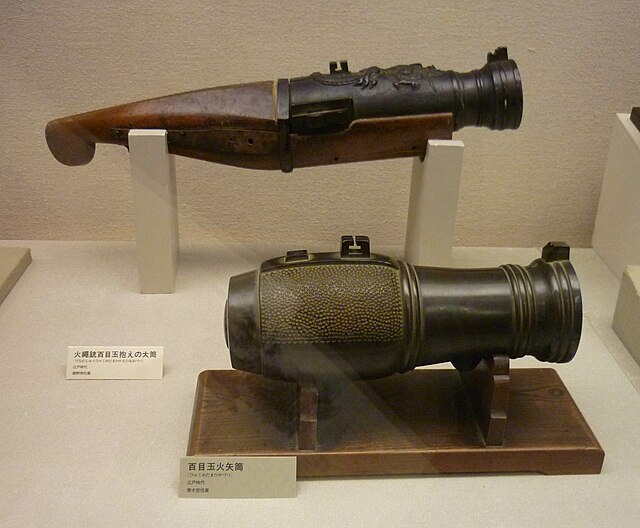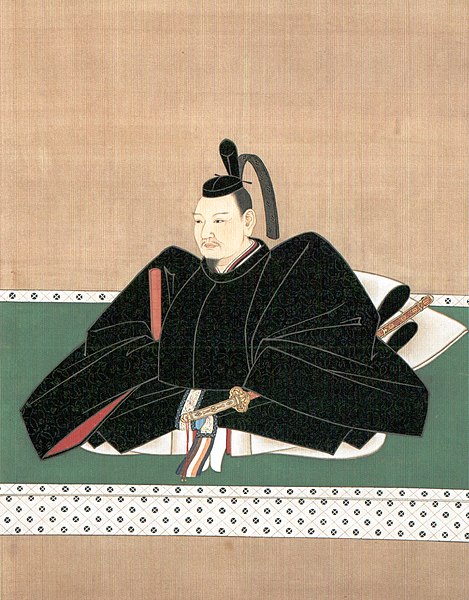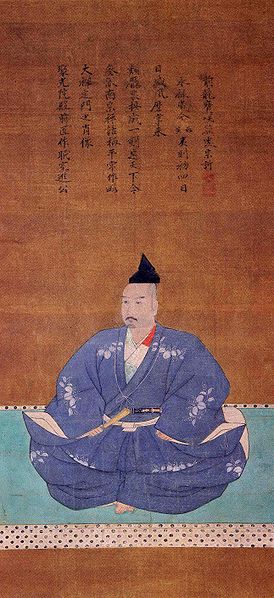Infinite photos and videos for every Wiki article ·
Find something interesting to watch in seconds
Ancient Marvels
Famous Castles
Celebrities
Orders and Medals
Wars and Battles
Rare Coins
Sports
British Monarchs
Richest US Counties
Supercars
Kings of France
Largest Palaces
Tallest Buildings
Great Artists
World Banknotes
Wonders of Nature
Presidents
Best Campuses
Recovered Treasures
Great Cities
History by Country
Crown Jewels
Animals
Largest Empires
Countries of the World
Great Museums
more top lists





